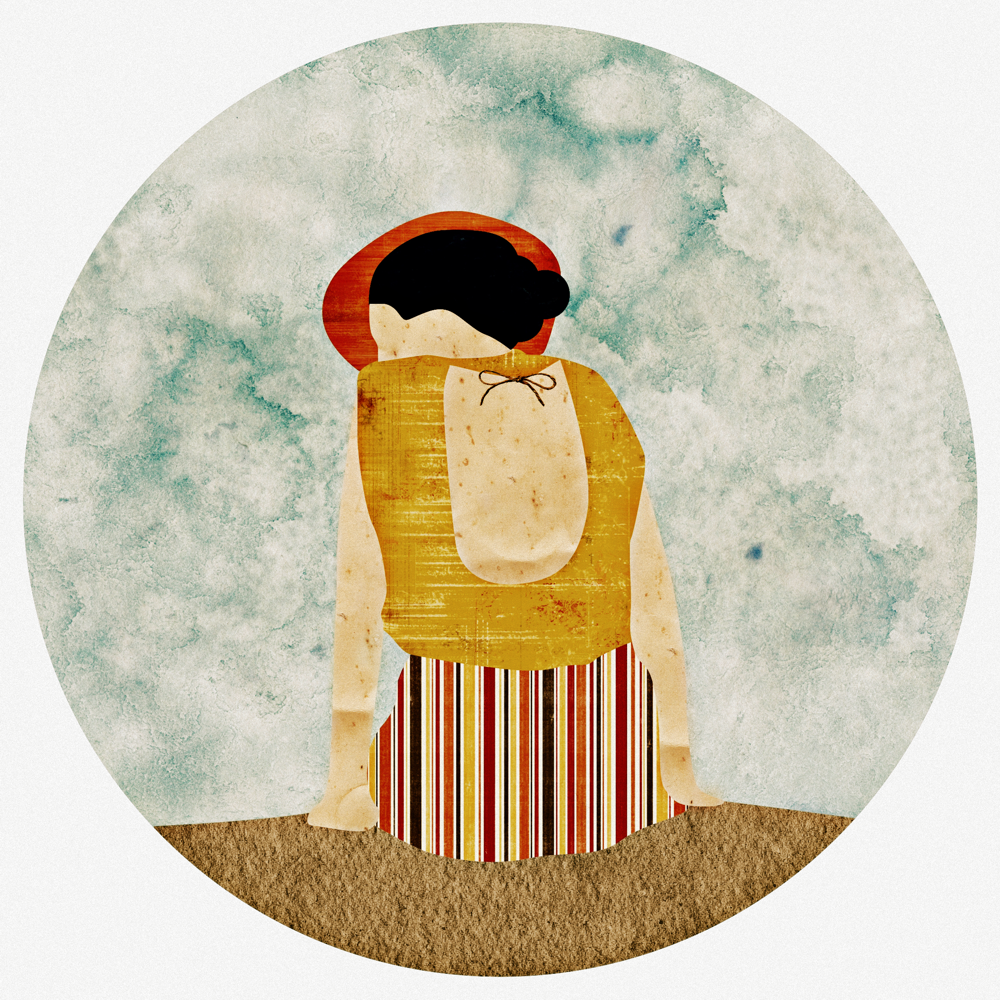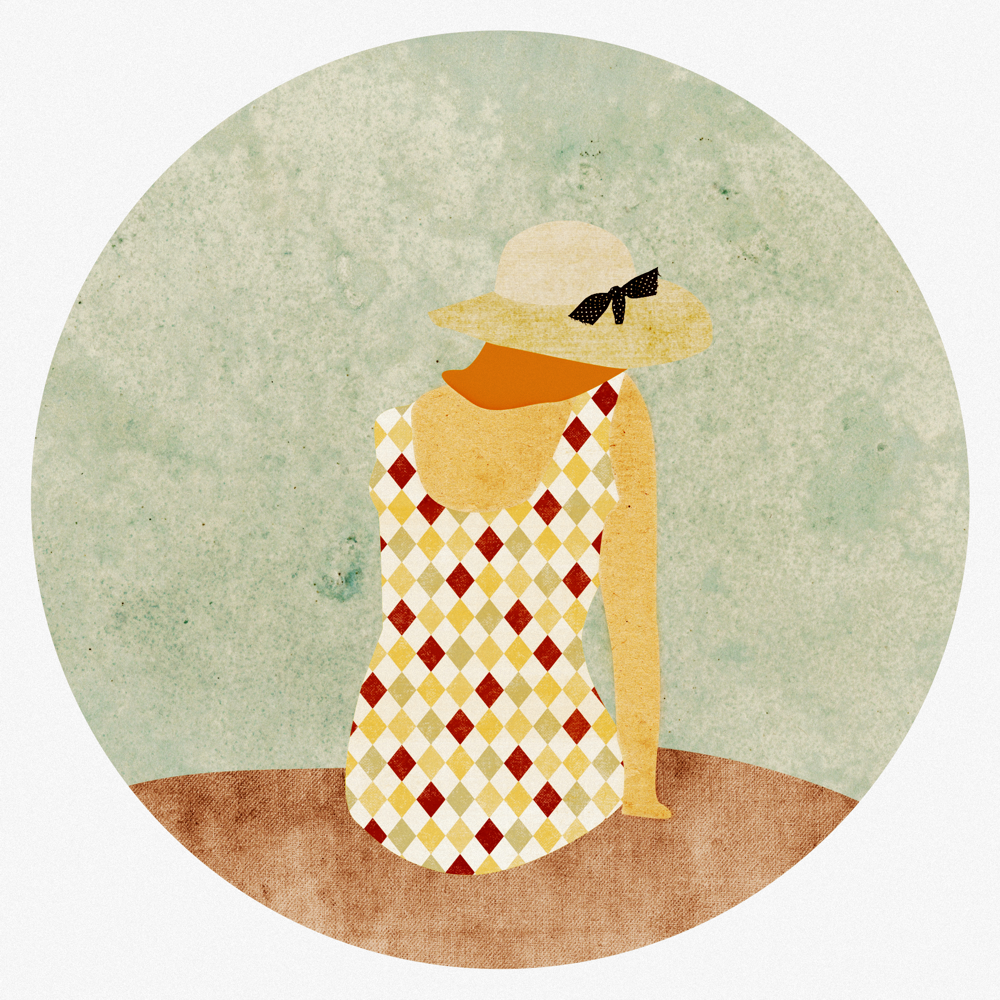La rappresentazione di un sacco di ossa stanche e ansimanti, attirate verso la disperazione ed il suicidio, è messa aspramente nel contesto della strisciante assurdità di un modo di vivere contrassegnato dal desiderio di notorietà e di successo. Indubbiamente autobiografico, la leggerezza con la quale Morrissey tratta una parte molto reale e terribile della propria esistenza è davvero impressionante. Il verso "young bones groan" è un semplice adattamento di una riga scritta da Elizabeth Smart nel suo libro "By Grand Central Station I Sat Down And Wept". Nel libro il frammento di testo "... our bones groaned like old trees..." viene subito dopo una scena in cui la protagonista del racconto si trova sul bordo di una scogliera, con lo sguardo rivolto alle rocce ed al mare in basso.
Il titolo della canzone deriva da un saggio di Virginia Woolf intitolato "A Room of One's Own". Nel saggio la romanziera inglese del 20esimo secolo esprime la frustrazione che le scrittrici del presente e del passato hanno provato sulla loro pelle. Nel passato, alle donne non era concessa un'istruzione, privilegio riconosciuto ai soli uomini. La Woolf crea il personaggio della "sorella di Shakespeare", una donna che aveva la stessa creatività e ambizione del buon vecchio William, ma a cui mancava il supporto che il pubblico concesse a lui. Lei non aveva la possibilità di scrivere le sue opere, perché la sua famiglia non le avrebbe mai concesso di accedere alla scuola. Fugge da casa e tenta di trovare il suo sbocco creativo nel mondo reale. Presa dalla frustrazione, infine, al termine della storia si uccide. Virginia Woolf spiega perché una donna nata con un talento durante l'epoca di Shakespeare, non avrebbe potuto vivere come una donna di genio. "Qualsiasi donna nata con un grande dono nel 16esimo secolo sarebbe certamente impazzita, si sarebbe uccisa o avrebbe terminato i propri giorni in qualche solitaria casa di campagna fuori dai villaggi, mezza strega, mezza maga, temuta e derisa da tutti." Testo completo qui
Morrissey's portrayal of a heaving and tired sack of bones, lured to suicide and despair, is acidly placed in context by the trailing absurdity of a wish-to-stardom lifestyle. Undoubtably autobiographical, the flippancy with which he deals with a very real and very terrible part of his life is really quite impressive. The line "young bones groan" is a slight adaptation of a line from Elizabeth Smart's "By Grand Central Station I Sat Down And Wept"; in the book, the line "...our bones groaned like old trees..." is soon after a scene where the heroine of the book stands at the edge of a cliff, considering the rocks and the sea below.
The title of the song comes from a Virginia Woolf essay entitled "A Room of One's Own". In the essay the 20th century English novelist expresses the frustration women writers past and present have felt. In the past, women were not allowed the schooling let alone the recognition of the men of their eras. Woolf creates Shakespeare's sister, a woman who would have the same creativity and ambition as good ol' Will, but would lack the support he was given by the public. She would not have the ability to write his works, for her family would not allow her his schooling. She would run away from home and attempt to find her creative outlet in the real world. In her frustration, she would eventually kill herself. Virginia Woolf explains why a woman born a genius during Shakespeare's day could not have lived as a genius. "Any woman born with a great gift in the 16th century would certainly have gone crazed, shot herself, or ended her days in some lonely cottage outside the village, half witch, half wizard, feared and mocked by all." Full text here



Nessun commento:
Posta un commento